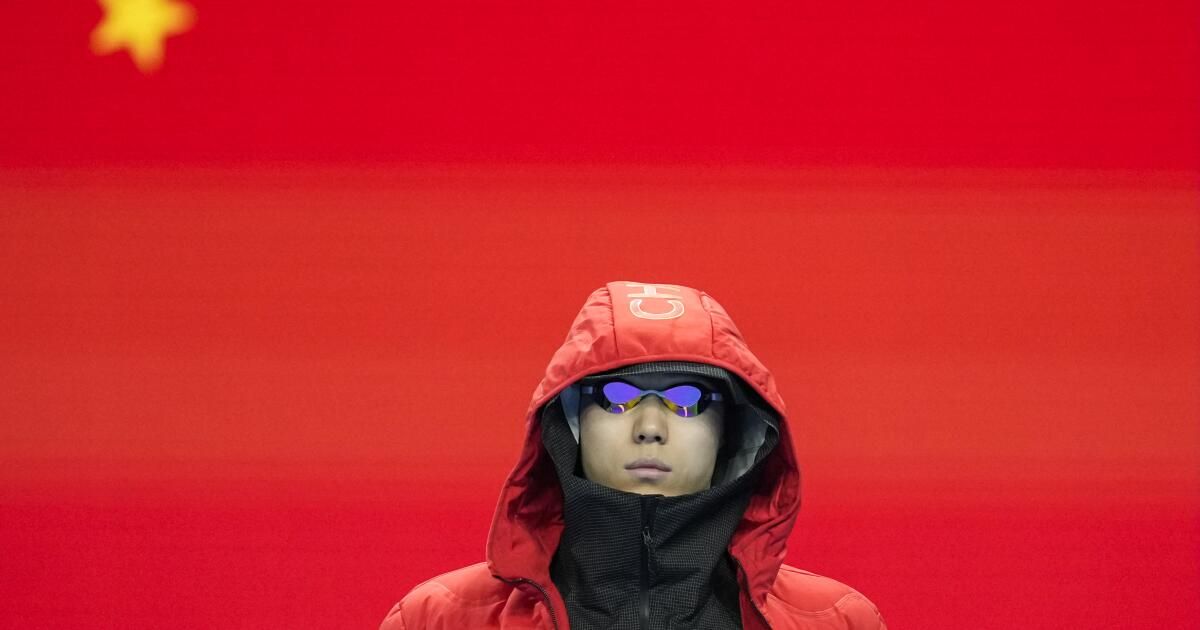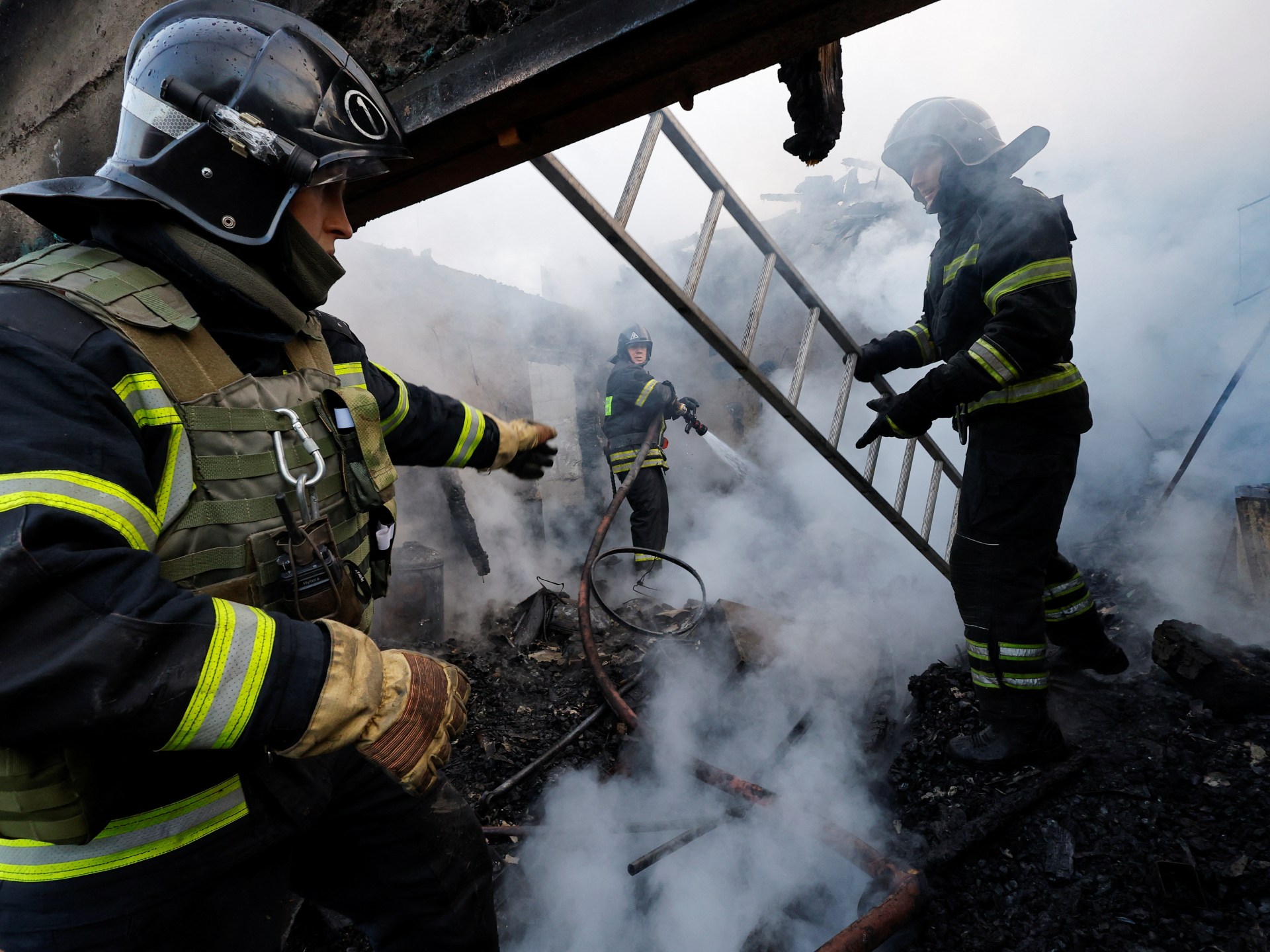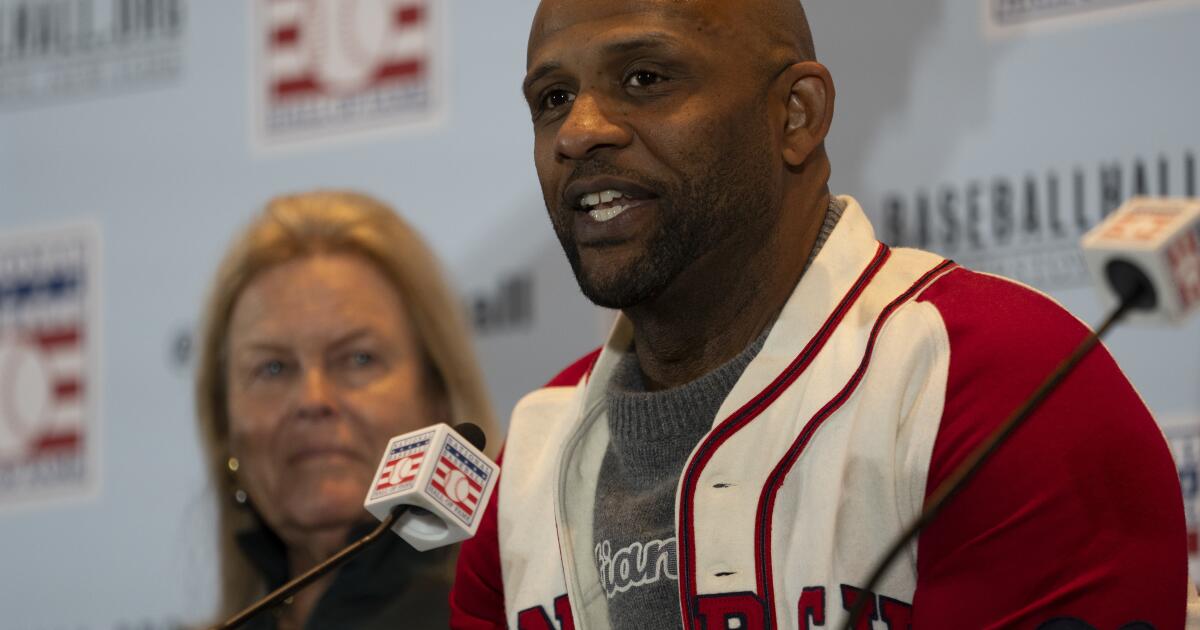Swimming competition at the 2024 Summer Games will conclude with four medal races on Sunday, but that won't end a geopolitical tug-of-war that has erupted in the pool.
An ongoing scandal involving Chinese swimmers and a series of failed doping tests have led to US officials openly feuding with their international counterparts and Olympic leaders. Salt Lake City has also been dragged into the mess.
Paris 2024 Summer Olympics
One US official described it as “playing a game of ping-pong with media bullets.”
It all began last spring when the New York Times and German broadcaster ARD reported that 23 members of the Chinese swimming team had tested positive for doping in early 2021 but were allowed to continue competing, with several going on to win medals at the Tokyo Games.
Eleven of those athletes, including star Zhang Yufei, are on China's roster in Paris. As American swimmer Katie Ledecky told reporters: “It's disappointing.”
The rhetoric has been much harsher among officials who speak of lawsuits and “scare tactics.” The International Olympic Committee has threatened to withdraw the 2034 Winter Games it just awarded to Salt Lake City.
“As soon as one side makes a statement, the other side does too,” said Gene Sykes, president of the U.S. Olympic and Paralympic Committee. “They have not been shy about throwing stones at each other.”

The recent events at La Defense Arena, the venue for swimming in Paris, have highlighted the chaos in the anti-doping world.
International protocol requires each nation to monitor its own athletes, so it was China's anti-doping agency that initially tested the swimmers and found evidence of trimetazidine, a drug that increases blood flow to the heart.
The Chinese blamed contaminated food at the hotel, but did not immediately report the positive results as required. When they were finally informed months later, the World Anti-Doping Agency accepted China's explanation.
Much of the sporting world reacted angrily when the situation became known. The United States Anti-Doping Agency issued a 16-page response.
“Our hearts ache for the athletes in the countries affected by this potential cover-up,” said USADA CEO Travis Tygart. “They have been deeply and painfully betrayed by the system.”
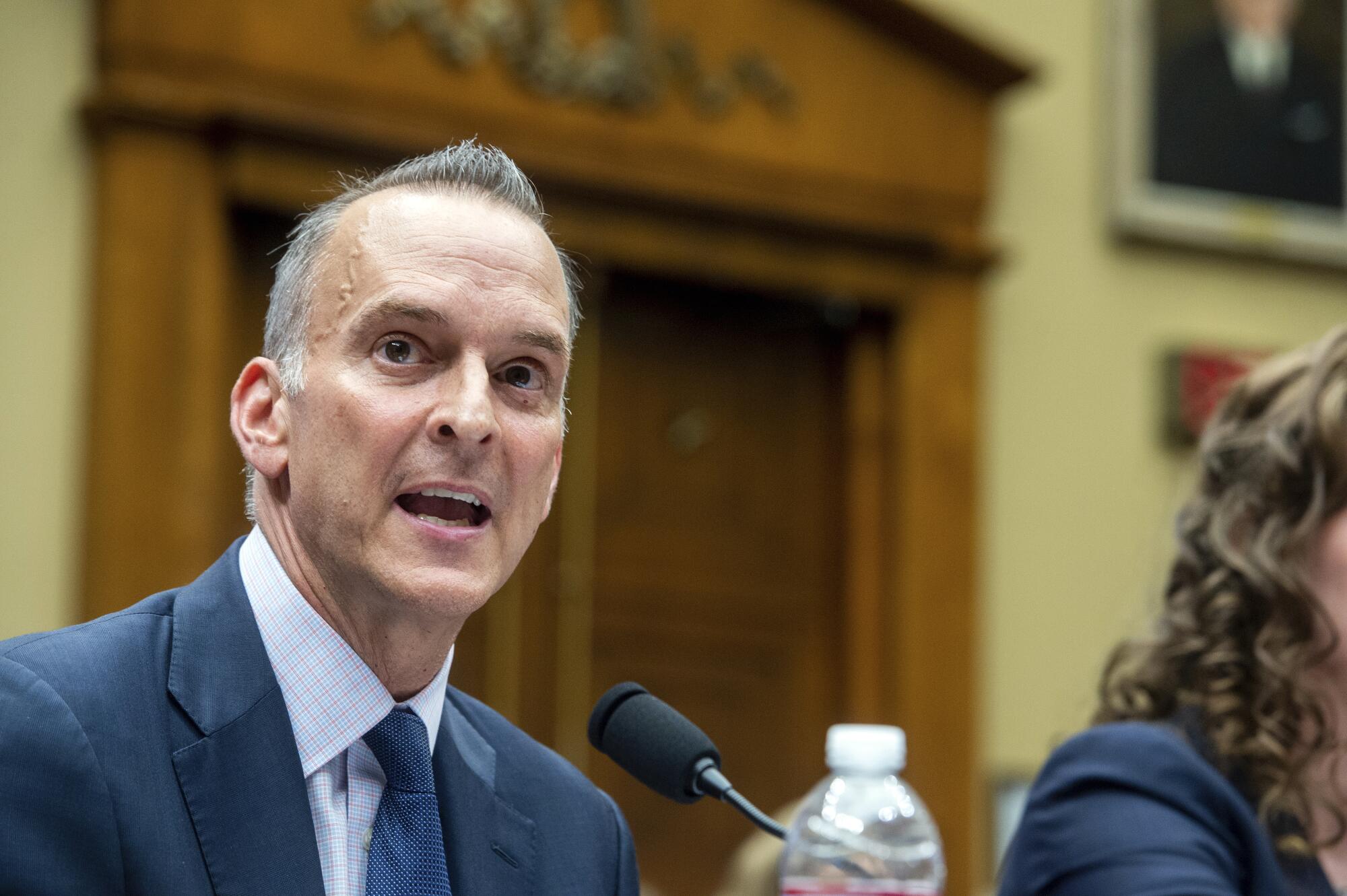
Travis Tygart, executive director of the U.S. Anti-Doping Agency, speaks on Capitol Hill in June about anti-doping measures ahead of the Paris Olympics.
(Rod Lamkey/Associated Press)
Thus began the global give-and-take.
WADA threatened to sue Tygart and later announced that an independent Swiss prosecutor had found no bias in his handling of the case. U.S. lawmakers soon stepped in, calling on the Justice Department and FBI to launch an investigation under the Rodchenkov Act, which claims jurisdiction over international sporting events involving American athletes.
Tygart kept up the pressure, saying: “WADA is simply a lapdog in the sport and clean athletes have little chance.”
At an IOC session in Paris before the opening ceremony, members voted to award the 2034 Games to Salt Lake City but included a provision allowing host cities to have their contracts terminated if they question WADA's “supreme authority.”
At the time, Sykes played a peacemaker role, saying, “What we want to do is calm things down and find a way for these organizations to work together more constructively.”

According to the International Swimming Federation, the 31 Chinese swimmers competing in Paris have undergone an average of 21 tests this year, five times more than the Australians and three times more than the Americans.
Chinese swimmer Qin Haiyang, who holds the world record in the men's 200m breaststroke, has taken to social media to claim the scandal is a “trick” to “disrupt our preparation rhythm and destroy our psychological defence”.
“This shows that European and American teams feel threatened by the performances of the Chinese team in recent years,” he wrote.
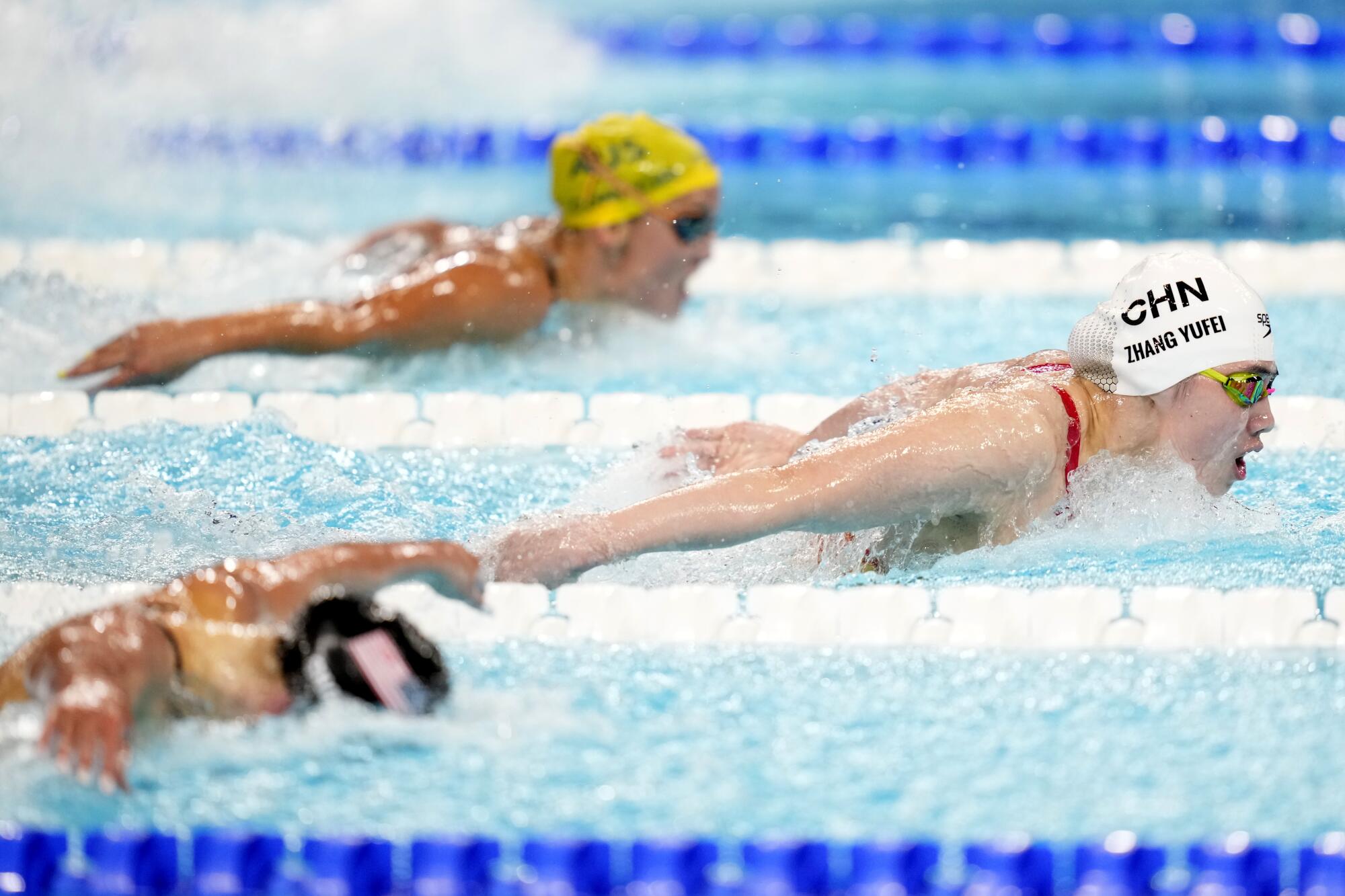
China's Zhang Yufei competes in the women's 200-meter butterfly semifinal at the Paris Olympics on Wednesday. Zhang was one of the swimmers who tested positive for a banned substance in 2021.
(Ashley Landis/Associated Press)
But on Tuesday, the New York Times reported another incident in which two Chinese swimmers tested positive in 2022.
WADA quickly issued a statement saying the swimmers were among a group of athletes who had eaten contaminated meat and that all had been provisionally suspended for up to a year until their cases were resolved.
Tygart was not reassured, saying: “China apparently has the playbook for competing under a different set of rules, tilting the field in its favor.”
The lingering resentment is taking its toll on Zhang. With two bronze medals in the first week of the Paris Olympics, she saw little hope of the storm calming down.
“I am very worried that my good friends will look down on me and not want to compete with me or watch my races,” he said. “I am more worried that the French do not believe that the Chinese deserve to be on this stage.”

